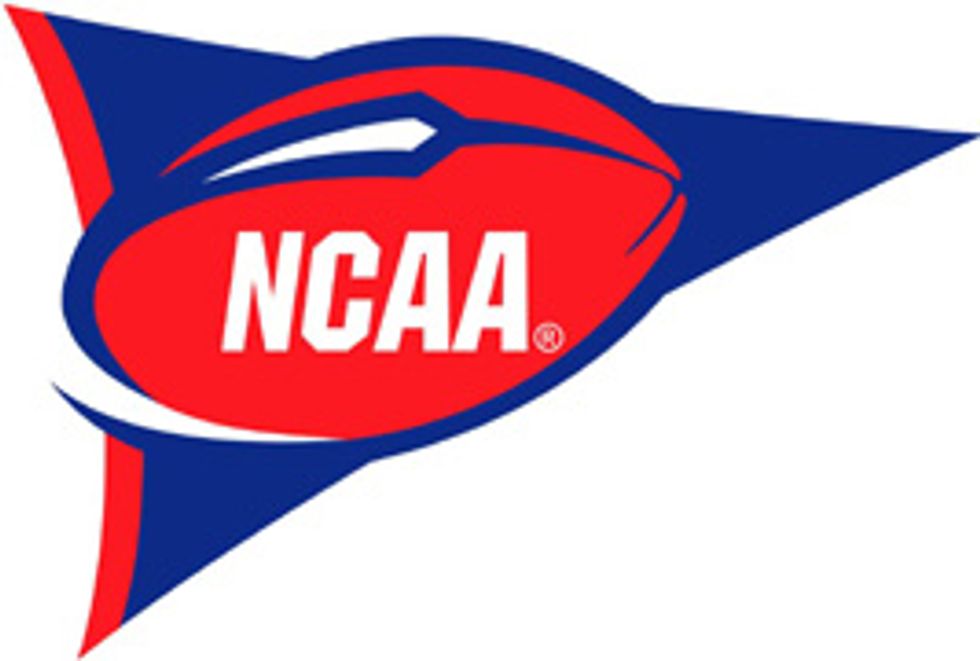Many agents, sports gurus and investigators have done enough research to logically prove that college athletes should be paid. For as long as there has been college it seems there has been college sports. Collegiate athletes put in numerous hours of work, which can almost be equivalent to a full time job for ultimately no money. Student Athletes have a full load of responsibilities including classes, practices/alumni events and a social life. As an 18 -23 year old it may be hard to balance out all the responsibilities without several distractions. The demand of going to school and being a full time college student is overwhelming, classes are demanding and most professors honestly only care if you are passing their class. These reasons lead to why I agree that college athletes should be paid. Along with being paid comes more restrictions and guidelines with the money and athletic scholarships.
The highest paid college football coach is Alabama’s Nick Saban, who makes $5.5 million a year. The reason behind Nick Saban's high pay day is a great football team that wins a lot of championships. The student athletes who drive the Alabama Crimson Tide football program make an outstanding $0 a year for their dedication, hard work and sacrifices to football. The Alabama football program brings in about $28,410,419 in college football ticket sales alone. Along with donations, media rights, and branding the Alabama program brought in about $123,769,841 worth of revenue in the year 2008. The student athletes benefit very small from these earnings because of NCAA guidelines and rules. College athletes are not allowed by any means to receive money, clothes, or food, which are considered extra benefits. College football brings in over $10 million a year in television revenue elevating players to superstar status and the NCAA wants college athletes to be viewed as normal college students, which is far-fetched because of the numerous hours and time consumed competing in sports. Beginning in January, college football players gear up and begin another season that can last up to a year.
The time required to be a Division I student athlete is very similar to a full time job, not to mention the injury risk and tough physical nature of the sports. Compensation of any kind towards the athletes would be beneficial to their survival, and could make their college experience a lot easier. College athletes receiving money for their services would eliminate a lot of the impermissible benefits the athletes are receiving, which can cut down on violations and sanctions placed on programs during recruiting. Several student athletes have faced suspension, loss of scholarships, and even lost their school chances to play in championship games because of violation of the rules. “Under NCAA rules, college football players are prohibited from profiting in any way. They can’t go pro out of high school and cannot negotiate the terms of their scholarship. They are limited to the kind of outside work they can do, how much they can make and where they can make it. In reality they don’t have time for a part time job.”
If the NCAA could form a reasonable way to evenly distribute some of the athlete’s earnings this debate would be at rest. Student athletes' stipends should be increased to a hard $400 to $500 dollars per month, depending on the cost of living in their respective geographical areas. Portions of the stipends could also be given in the form of a voucher for hotel rooms, gas and/or travel expenses for parents when they come to campus for a game. Unless the demand for college sports declines rapidly, the supply of talented will remain high. NCAA Division I athletics is a business before anything which many people forget, a business in which its main employees receive little to nothing in return for their services. As a supporter of college students and athletes, it is only fair that they are compensated for their use.






 The minimum wage is not a living wage.
StableDiffusion
The minimum wage is not a living wage.
StableDiffusion
 influential nations
StableDiffusion
influential nations
StableDiffusion












